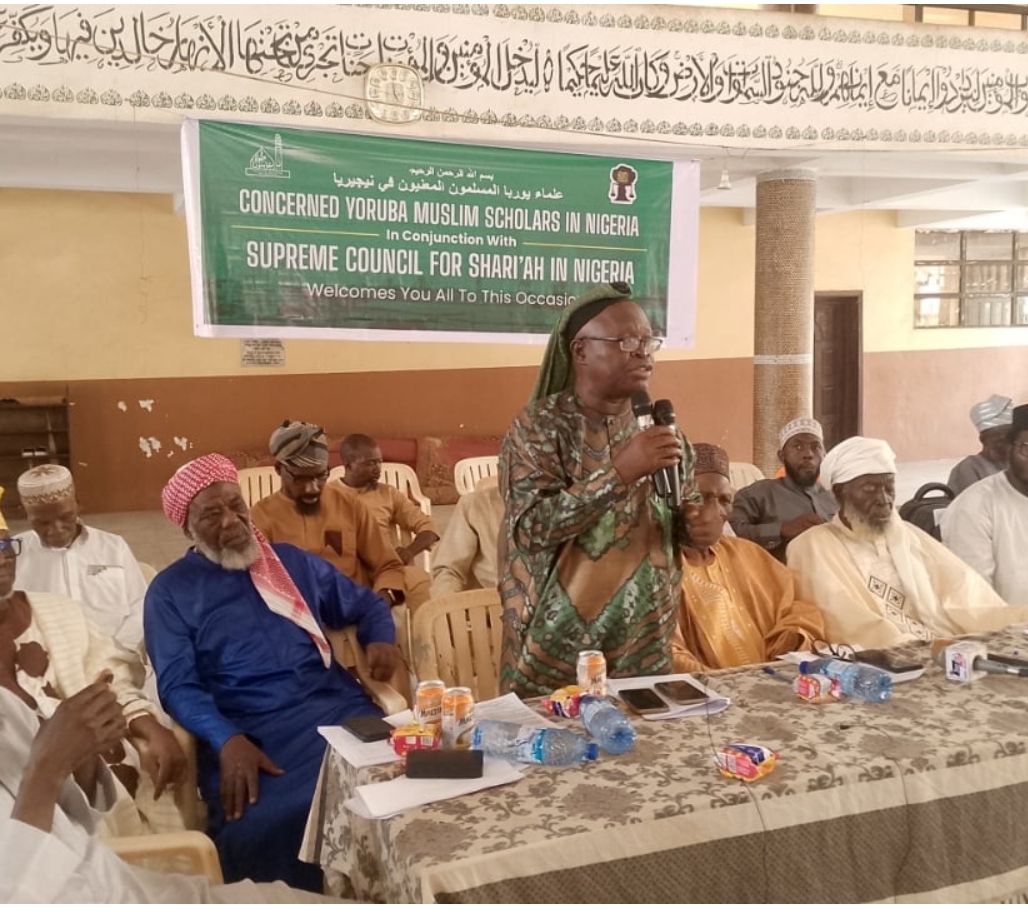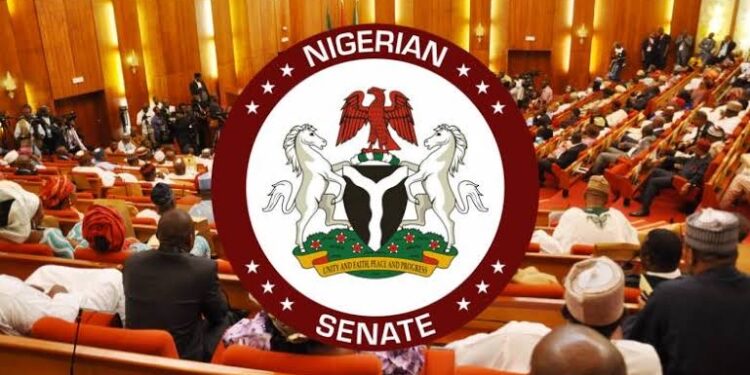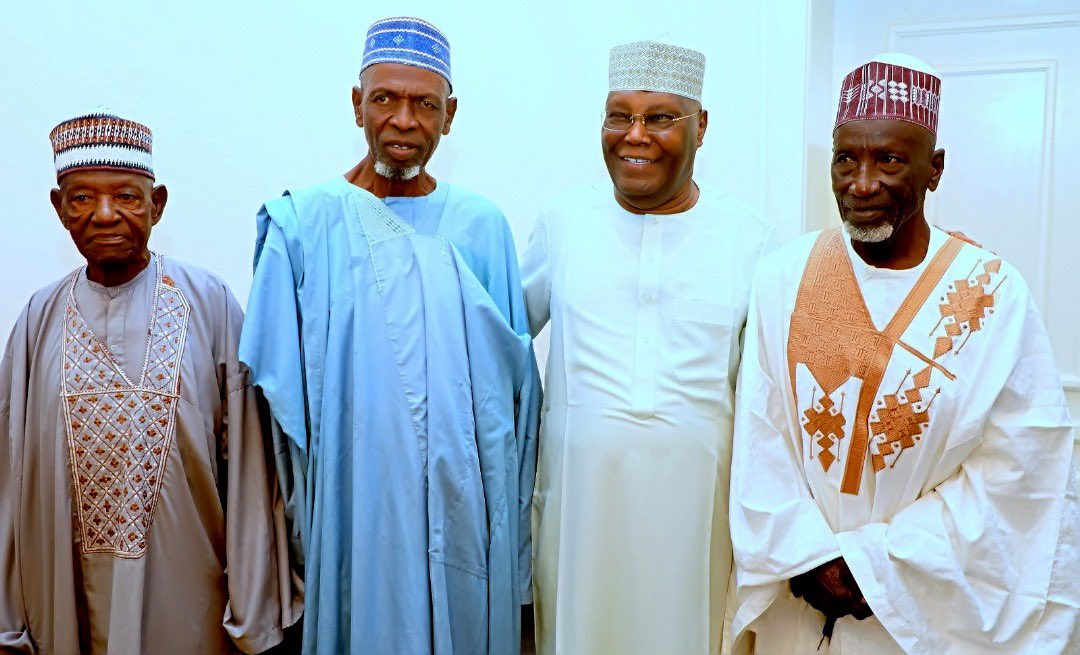The Concerned Yoruba Muslim Scholars in Nigeria, affiliated with the Supreme Council for Sharia in Nigeria, have accused President Bola Ahmed Tinubu’s administration of marginalizing Yoruba Muslims in political appointments.
The scholars made this known during a World Press Conference held at the Arisekola Mosque in Ibadan.
The group stated that they played a crucial role in Tinubu’s presidential victory, expecting his Muslim background to address the underrepresentation of Southern Muslims in public affairs.
However, they expressed disappointment, claiming that over 80% of political appointments from the Southwest have gone to Christians.
The group detailed the distribution of ministerial and key appointments from the Southwest.
“Ministers (11 total): Seven Christians: Hon. Dele Alake, Hon. Bosun Tijani, Hon. Wale Edun, Hon. Lola Ade John, Hon. Olubunmi Tunji Ojo, Hon. Jumoke Oduwole, and Hon. Ayodele Olawande.
“Four Muslims: Hon. Ishak Salako Adekunle, Hon. Waheed Adelabu, Hon. Isiaka Oyetola, and Hon. Tunji Alausa Morufu.
“Key security positions and top appointments: Christian appointees include Yemi Cardoso (CBN Governor), Zaccheus Adedeji (FIRS Chairman), and Olanipekun Olukayode (EFCC Chairman),” the group stated.
In contrast, Femi Gbajabiamila was identified as one of the few high-ranking Muslim officials.
The scholars argued that Southern Christians have disproportionately benefitted from political appointments, despite opposition to the Muslim-Muslim ticket during the elections.
They cited historical events, including the annulled 1993 election of MKO Abiola, as examples of the systemic exclusion of Muslims from political power.
They also referenced Professor Is-haq Oloyede’s warning about Muslims not being “in power” even when nominally in charge.
A key demand of the group is the establishment of Sharia Courts of Appeal in all six Yoruba states.
The scholars noted that the Sharia courts would serve as an Alternative Dispute Resolution (ADR) mechanism for Muslims and would not infringe on the rights of non-Muslims.
They also cited Section 275 of the Nigerian Constitution, which allows for the establishment of Sharia Courts of Appeal.
The scholars stressed that their demands are about equal representation and constitutional rights, not religious supremacy. They warned that failure to address their concerns will deepen distrust and alienation among Yoruba Muslims.
They called on President Tinubu and the governors of the six Yoruba states to address the perceived injustices and pledged to continue advocating for justice, fairness, and equality.



